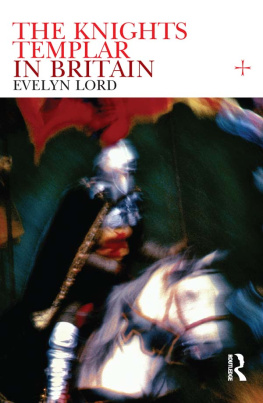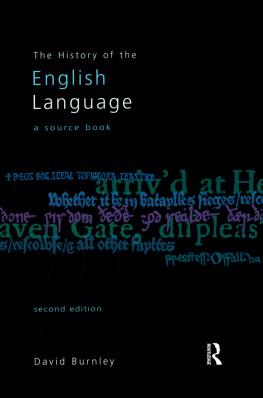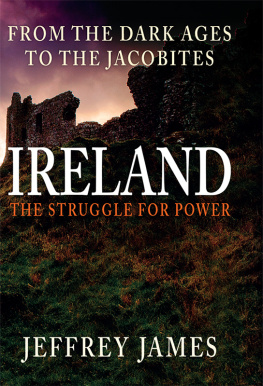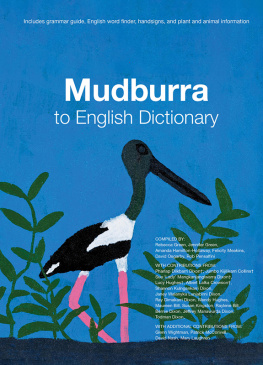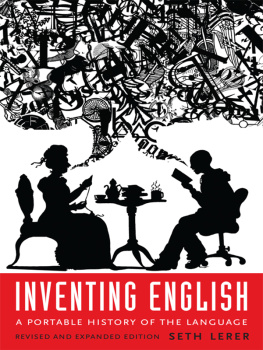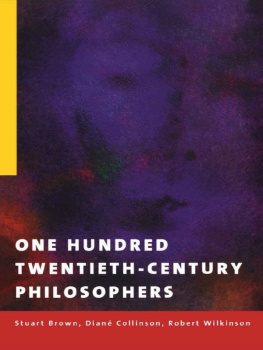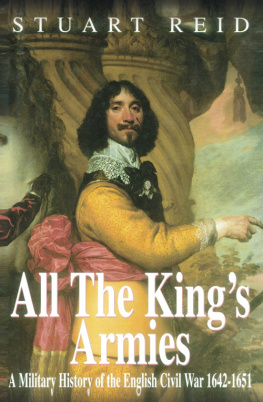The Stuarts Secret Army
The Stuarts Secret Army
ENGLISH JACOBITES, 16891752
Evelyn Lord
First published 2004 by Pearson Education Limited
Published 2014 by Routledge
2 Park Square, Milton Park, Abingdon, Oxon OX14 4RN
711 Third Avenue, New York, NY 10017, USA
Routledge is an imprint of the Taylor & Francis Group, an informa business
Copyright 2004, Taylor & Francis.
The right of Evelyn Lord to be identified as author
of this work has been asserted by her in accordance
with the Copyright, Designs and Patents Act 1988.
All rights reserved. No part of this book may be reprinted or reproduced or utilised in any form or by any electronic, mechanical, or other means, now known or hereafter invented, including photocopying and recording, or in any information storage or retrieval system, without permission in writing from the publishers.
Notices
Knowledge and best practice in this field are constantly changing. As new research and experience broaden our understanding, changes in research methods, professional practices, or medical treatment may become necessary.
Practitioners and researchers must always rely on their own experience and knowledge in evaluating and using any information, methods, compounds, or experiments described herein. In using such information or methods they should be mindful of their own safety and the safety of others, including parties for whom they have a professional responsibility.
To the fullest extent of the law, neither the Publisher nor the authors, contributors, or editors, assume any liability for any injury and/or damage to persons or property as a matter of products liability, negligence or otherwise, or from any use or operation of any methods, products, instructions, or ideas contained in the material herein.
ISBN 13: 978-0-582-77256-4 (pbk)
British Library Cataloguing in Publication Data
A CIP catalogue record for this book can be obtained from the British Library
Library of Congress Cataloging in Publication Data
A CIP catalog record for this book can be obtained from the Library of Congress
Set in 9.5/14pt Melior by 35
In Loving Memory
of
Katie Lord 19692003
Contents
W e are grateful to the following for permission to reproduce copyright material:
Plates 1, 2, 4, 5, 7 and 15 courtesy of the National Portrait Gallery, London; plates 3, 6, 9 and 16 courtesy of the Ashmolean Museum, Oxford; plate 14 The Trustees of the National Museums of Scotland; plates 10 and 11 courtesy of The Drambuie Collection; plate 8 courtesy of Lord Petres Estate; plate 12 University of Cambridge Institute of Continuing Education and plate 13 courtesy of Richard Elliott.
In some instances we have been unable to trace the owners of copyright material, and we would appreciate any information that would enable us to do so.
M uch of the 17th century was a turbulent time for England, a time of revolutions: the last revolution, in 168889, was called Glorious by the winners, and its settlement proved enduring. The principal losers, however, made many attempts to overthrow that settlement: they are the Jacobites supporters of the Stuart King James II (Jacobus in Latin) and his successors a fascinating collection of individuals for whom the status quo was repellent, and further revolution remained a desirable aim, if not always a practical policy.
The Jacobites might well have succeeded. The restoration of Charles Stuart in 1660 would have seemed a very distant prospect a few years beforehand; why should his brother James not also be restored in triumph? The rule of Cromwell was arguably stronger and more secure than that of William III or the Hanoverian usurpers. A fair assessment of Jacobite hopes and personalities can be coloured by our knowledge that, in fact, they did not succeed in the words of T.S. Eliot, What might have been is an abstraction/Remaining a perpetual possibility/Only in a world of speculation. More and more historians are trying to re-enter that world of speculation, to ask not just what?, and when?, and why?, but what if ?. The concept is sometimes called virtual or counterfactual history, and not everyone likes it; but its central question is pure common sense from the participants point of view, all historical events are part of an uncertain future that could have turned out in many different ways. The English Jacobites are a good example of people whose hopes were repeatedly dashed, but who still deserve to be remembered by us, and whose stories can still seize the attention of modern readers.
We, too, live in a world where the future is uncertain. In terms of the British monarchy, there is often a debate about the future: will Prince Charles ever take the throne? Will we have a King Charles III? One answer is that we already have had one: he reigned, in theory, from 1766 to 1788 (and is better known as Bonnie Prince Charlie): king by right, according to his followers, but never in practice. Would he have dealt any better with the American revolution than George III? That revolution succeeded, while Charless didnt: could it have been the other way around?
Again, looking at our own times, we cannot tell what chaos politics will throw at us. At the time of writing (20 November 2003) we have just seen the fall of one Conservative leader, the coronation of another; Mr Blair hangs on to power, with enemies next door and farther afield. Will the situation be similar when you read this, or totally different? I have no idea and nor did the English people of two or three centuries ago.
Who better to guide us through the maze of past loyalties and ambitions than a historian who specialises in local history? Not the history of any particular locality (though of course she knows many of them as well), so much as the methods needed to explore the past of every location and group. History, according to Thomas Carlyle, is the essence of innumerable biographies. Some of those countless past lives are illuminated by this study, and Dr Lord provides guidance for further investigation of the topic. The English Jacobites were spread throughout the kingdom. Some were famous scholars, churchmen, landowners; others are barely known to posterity. Many were not quite as loyal to either side as they seemed. If we ignore them, we will have a distorted picture of our countrys past. We are in need of a clear and readable guide to their England, so similar, and yet so different, to our own. Welcome to a world of plots and poetry, piety and passions the English Jacobites.
Dr David Money
University of Sunderland
M uch has been written about Bonnie Prince Charlie and the Scottish Jacobites, less about Jacobite supporters in England. For over one hundred years as spies, secret agents and politicians they carried on a secret war on behalf of the exiled Stuarts. In 1715 they joined with their Scottish colleagues in rebellion against the House of Hanover, and were defeated. The tragic and charismatic Earl of Derwentwater lost his life as a result of this, and the repercussions of the 1715 rebellion were felt at all levels of society.
In 1745 the English Jacobites stayed at home. Why was this? They have been accused of self-interest and cowardice, but were these the only reasons for their non-appearance? This book looks at the motivations of the English Jacobites, from the flight of James II into exile to the last visit of his grandson, Prince Charles Edward, to England in 1752.


